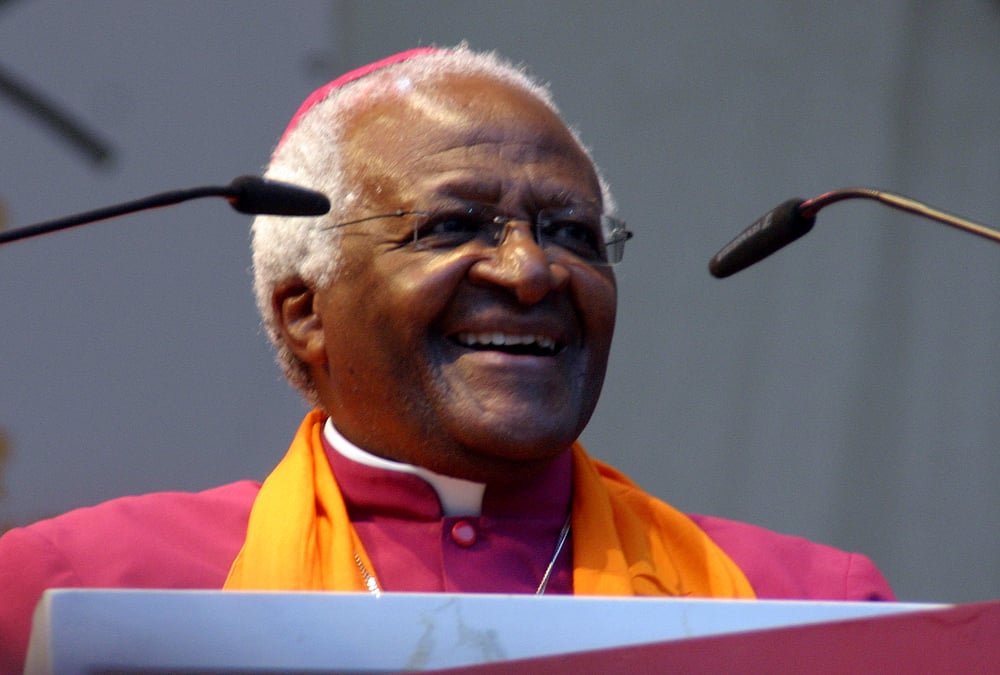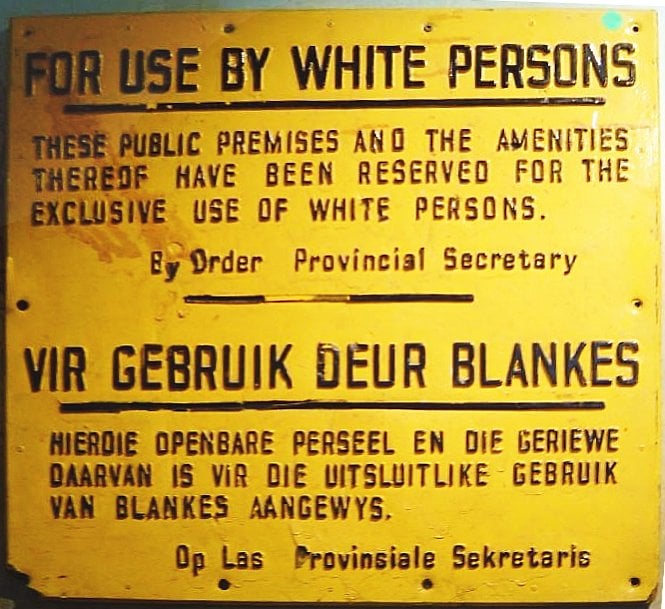
Desmond Mpilo Tutu, a leading activist in South Africa's fight against apartheid, passed away on December 26, 2021. The 90-year-old retired archbishop, who also spearheaded the country's smooth transition from apartheid to democracy, had been battling prostate cancer since 1997. Mr. Tutu was laid to rest at a state funeral at St. George's Cathedral, Cape Town, on January 1, 2022.
Born in Klerksdorp, South Africa, in 1931, Mr. Tutu grew up in a world where racial discrimination was not uncommon. However, the situation escalated after the white-ruled Nationalist Party legalized apartheid laws in 1948. The harsh, institutionalized system of segregation assigned all South Africans to an official racial group. Each race was restricted to specific living areas and public facilities. Interracial marriages were banned, black South Africans could only work in particular jobs, and only white South Africans could vote in national elections.

Mr. Tutu, who was 17 when the laws went into effect, first experienced life without racial discrimination in 1962, when he went to King's College in England to pursue a master's degree in theology. His efforts to end apartheid began in earnest after he was appointed the first black leader of the South African Council of Churches (SACC) in 1978. The clergyman used his position to speak out against the unfair laws and urged locals to organize peaceful protests to fight the issue. He also publicly endorsed the international economic boycott of South Africa over apartheid. Mr. Tutu's efforts, along with those of other activists like Nelson Mandela, led to the negotiations that helped end apartheid in 1993.
In 1994, Mr. Mandela became South Africa's first black president and the first to be elected in a fully representative democratic election. In 1995, Mr. Mandela appointed Mr. Tutu to lead the Truth and Reconciliation Commission to investigate allegations of human rights abuses during the apartheid era. Though Mr. Tutu retired from public life in 2010, he continued to advocate for social issues, such as a cure for tuberculosis, HIV/AID prevention, climate change, and other causes.

The clergyman's efforts to end apartheid earned him the Nobel Peace Prize in 1984. He also received the Pacem in Terris Award, the Bishop John T. Walker Distinguished Humanitarian Service Award, the Lincoln Leadership Prize, and the Gandhi Peace Prize.